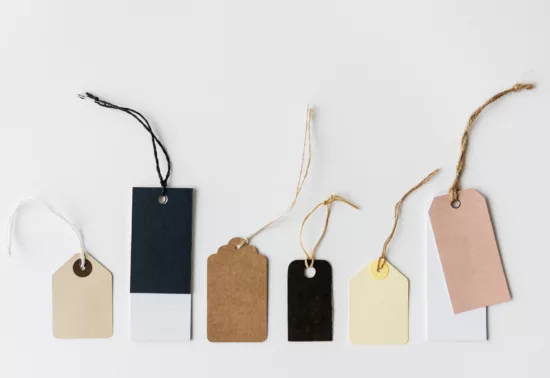Every piece of clothing has a story, one that begins long before it sees your wardrobe and continues even after you let go of it. With this year’s theme for Fashion Revolution week, Think Globally, Act Locally, we would like to take a closer look at the journey of our clothes, the environmental and social impact they have, and what we can do to make a difference.





